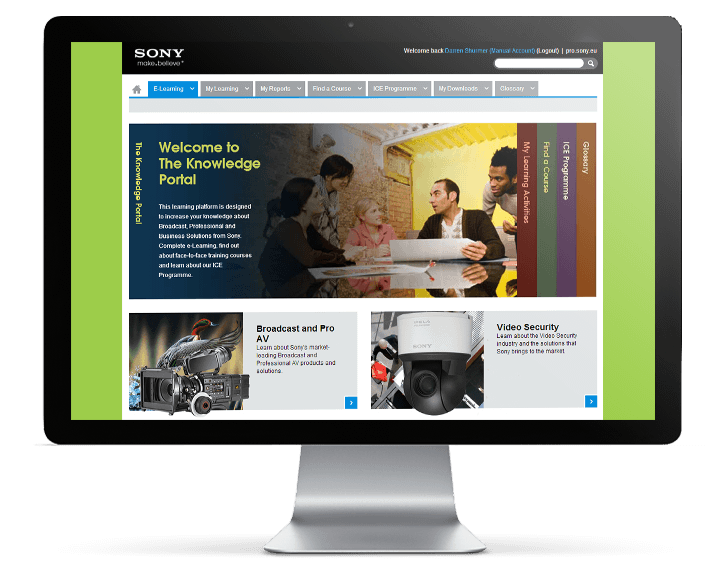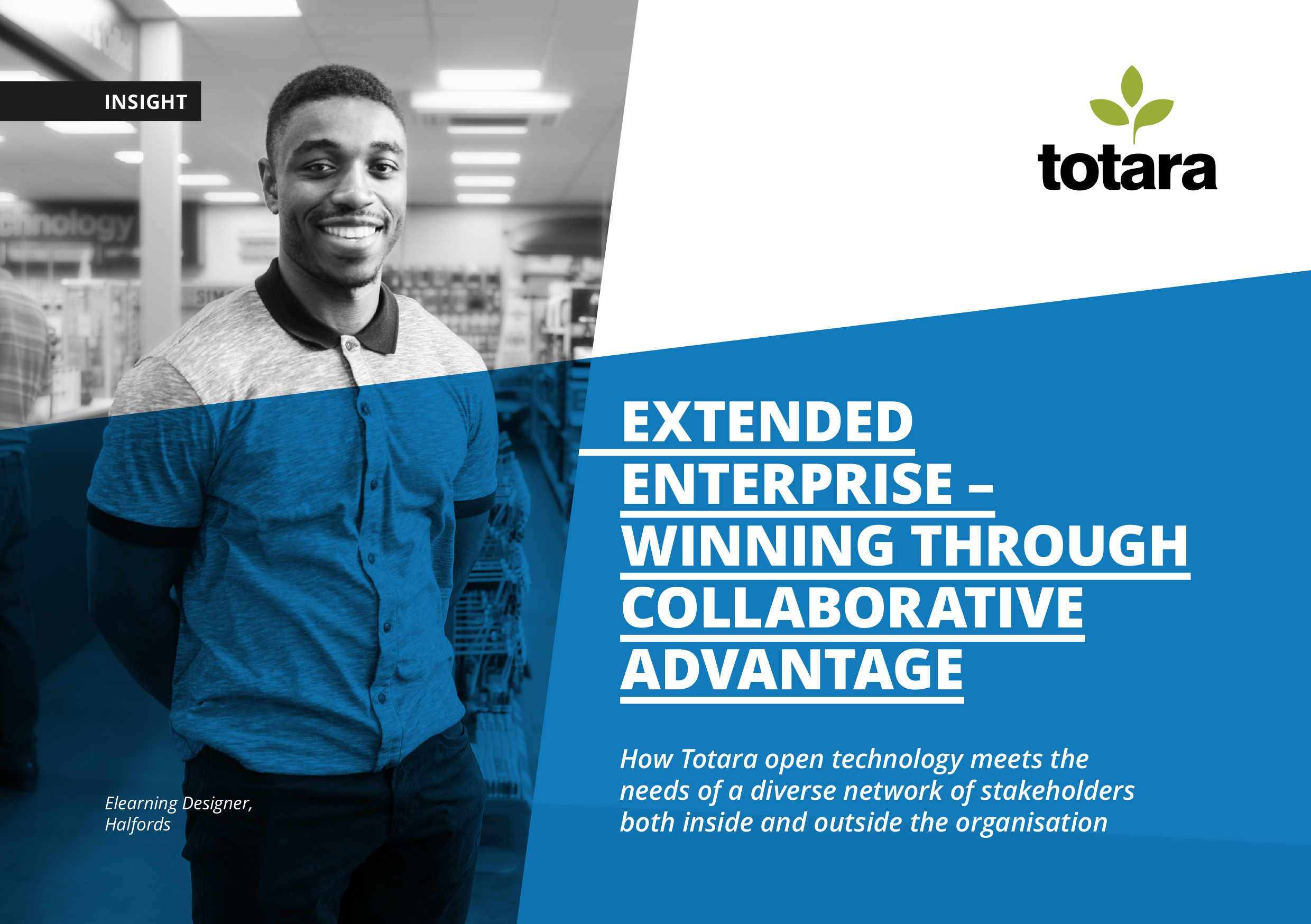Many people believe that the LMS stops with their employees. Once all of the people who work at your organisation have received their mandatory compliance training, and perhaps some extra soft skills or product knowledge training, that’s where the learning stops, right? Well, not necessarily.
More and more organisations are realising that they could be doing more with their learning management systems, and are opening them up to the extended enterprise to improve skills and knowledge in their wider networks.
So what do we mean by extended enterprise? It varies based on the organisation, but it could refer to your supplier network, any partners you work with, salespeople, freelancers or even your end customers. Opening up your LMS to so many fresh pairs of eyes can be daunting, so we’ve put together a few tips and tricks to help you get it right.
Make the most of audiences
Imagine you work in a hospital. While everyone may need to take some of the same learning, perhaps about health and safety or patient confidentiality, your anaesthetists will need to take some different training to your paediatric nurses, or your admin staff, or your senior management team.
Just as not everyone within your organisation will need to see the same information, your extended enterprise learners will also have different learning requirements.
For instance, you could create a separate audience for local GP surgeries who make referrals to your hospital, or to pharmacists, or to patient groups looking for general healthcare advice. In an LMS like Totara Learn, this functionality is built into the platform, allowing you to easily separate groups of learners and give them access to the targeted content they need.
Reward extended enterprise users

While your internal employees’ managers will have access to their records of learning and will be keeping track of their progress, external users of your LMS will probably not have anyone monitoring their training. Putting a rewards system in place can help encourage engagement from people who may choose to access your learning voluntarily.
This could be work-related, such as an Open Badge or a certificate to give them evidence of their learning, perhaps to show in their own performance review, or as more of a marketing exercise, with gift vouchers or prizes from your brand.
Discover how Samsung boosted course completions by 181% by rewarding third-party retailers and operators who unlocked exclusive competitions in their LMS.
Increase your exposure
The LMS is increasingly being leveraged as a marketing tool by savvy organisations. Giving customers the opportunity to learn with your organisation helps them feel closer to your brand, better understand your offering and feel more positively about what it is you do.
If you decide to create an extended enterprise LMS, it’s important to work with your marketing team to consider the messaging.
For instance, while your employees may just see a quick welcome message when they log in, you may decide to give third-party partners a bit more context about how the learning will benefit them, or give customers some background about the organisation and why you have decided to give the public access to learning content.

Take a look at our case study about Sony’s highly successful Knowledge Portal, then access the Totara Learn-powered platform yourself by registering for an account.
Your Guide to Extended Enterprise Learning

Our latest guide walks you through how to use Totara Learn to create an extended enterprise learning solution.


